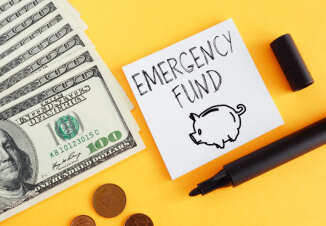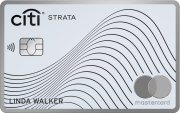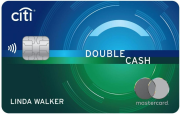The content on this page is accurate as of the posting date; however, some of the offers mentioned may have expired.

One of the most important things you can do for yourself financially is to set up an emergency fund. This is so that you will have a little something to fall back on in case unforeseen expenses should arise such as medical or car repair bills or if you are faced with a job loss or salary decrease. Having an emergency fund in place can reduce your reliance on credit cards during times of personal economic crisis, therefore minimizing the amount of debt you accumulate.
How Much?
While the savings goal for an emergency fund varies from individual to individual, a good rule of thumb to start with is try to put aside an amount that will adequately cover all your livings expenses for three to six months. That should provide a decent foundation for most people, and from there you can tailor your emergency fund to fit your own situation. Ask yourself:
- How much time would you want to have to find a new job?
- How flexible is your lifestyle – could you live with a roommate or do you have dependants to care for?
- How many fixed expenses – such as auto loans, tuition bills or a mortgage – do you have?
All of these factors should be considered when determining the amount you would like to have in your emergency fund. Obviously, the less flexible you are, the more people you have depending on you and the more fixed expenses you are responsible for, the more money you want to set aside for emergencies.
Just the Basics
While three to six month’s worth of expenses may seem like an overwhelmingly large sum of money, it’s more manageable when you eliminate discretionary spending and only focus on the essentials. Sit down and realistically calculate a number that you could survive on by reviewing your fixed expenses over a previous several month time span. Factor in things like rent, utilities, food bills, car payments, taxes and insurance.
A Few Tips
If you feel like your budget is already stretched thin and that you have no “extra” money to put aside for an emergency fund, here are a few tips that may come in handy to free up a few bucks for your savings account:
- Set up an automatic deposit into your savings account from your checking account.
- Bring your lunch to work.
- Have a garage sale.
- Don’t drink alcohol when eating out.
- Downgrade your telephone or cable service.
- Pay attention at the grocery store and stock up on non-perishable items when they are on sale.
Know Your Other Options
If you find yourself in a financial bind with your emergency fund exhausted, know that you may have other options available to you rather than loading up your credit cards which can be a slippery slope of debt. Inquire whether you company’s allows you to borrow money from your 401 (k) or investigate obtaining a home equity line of credit.





